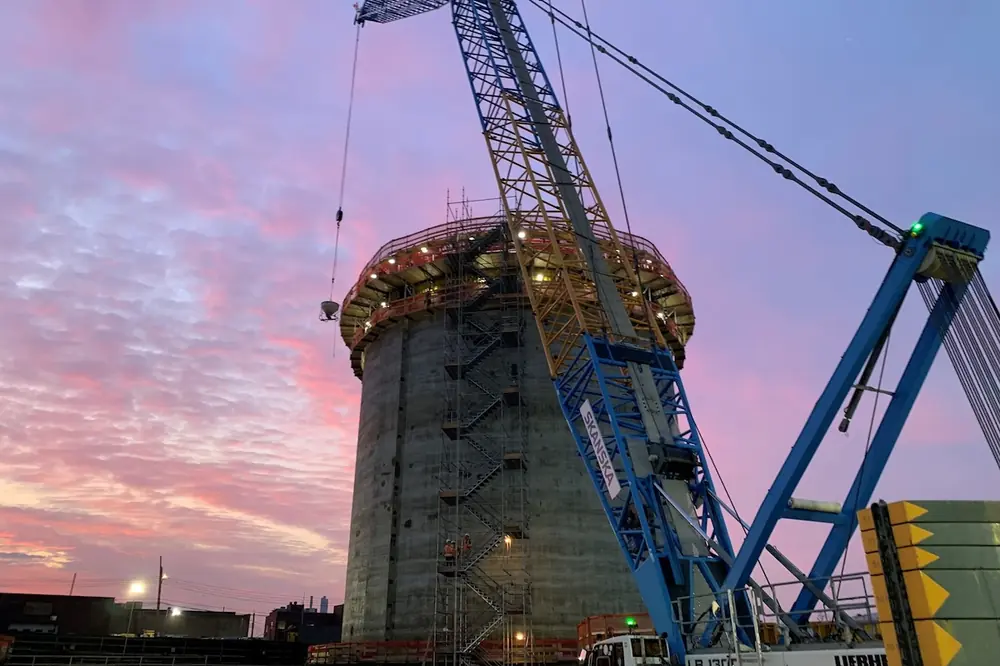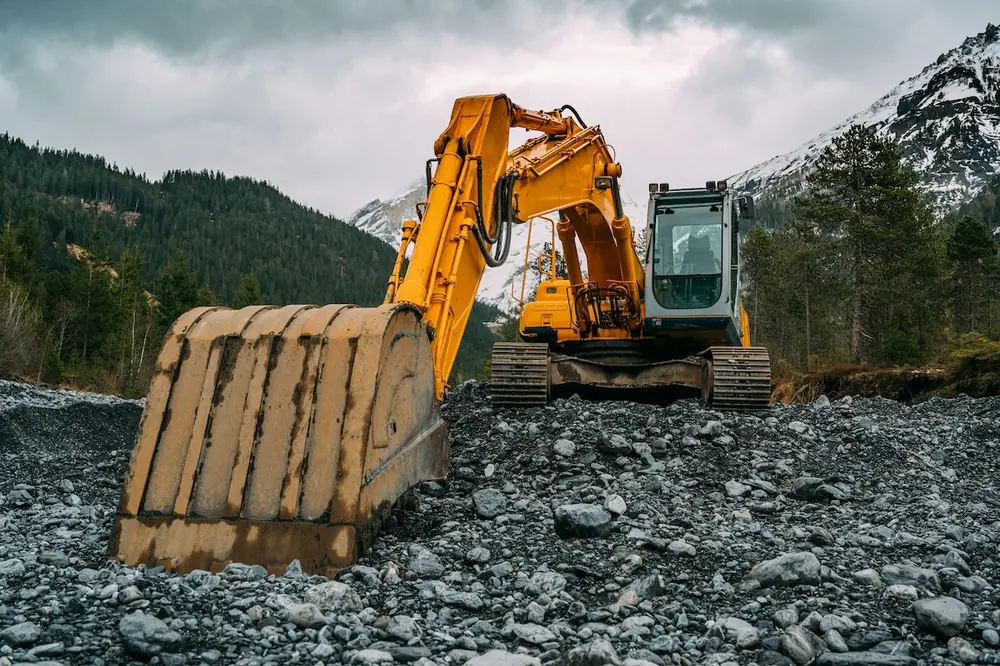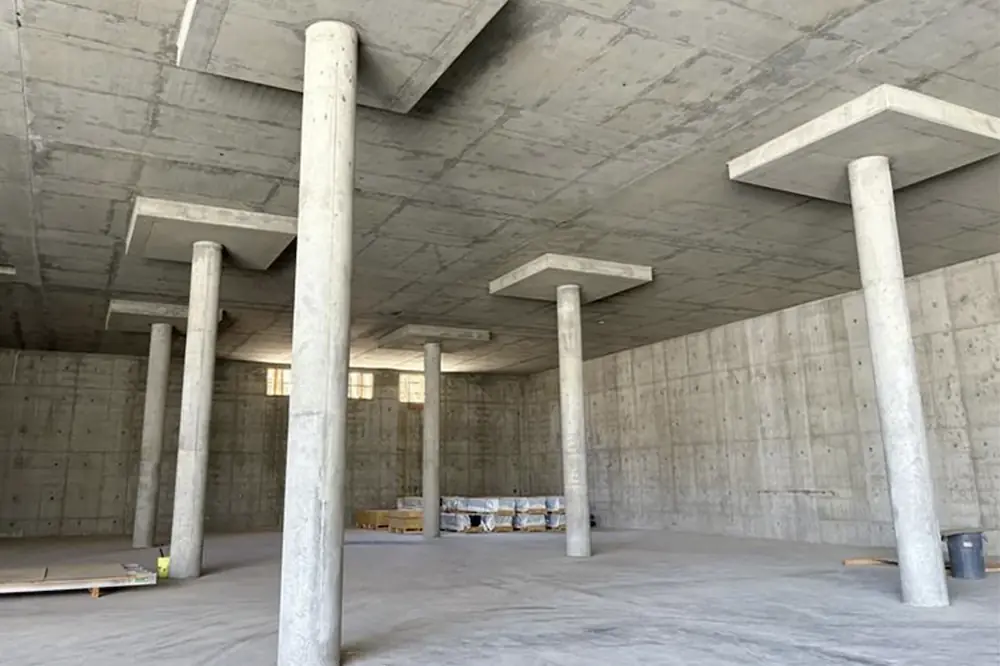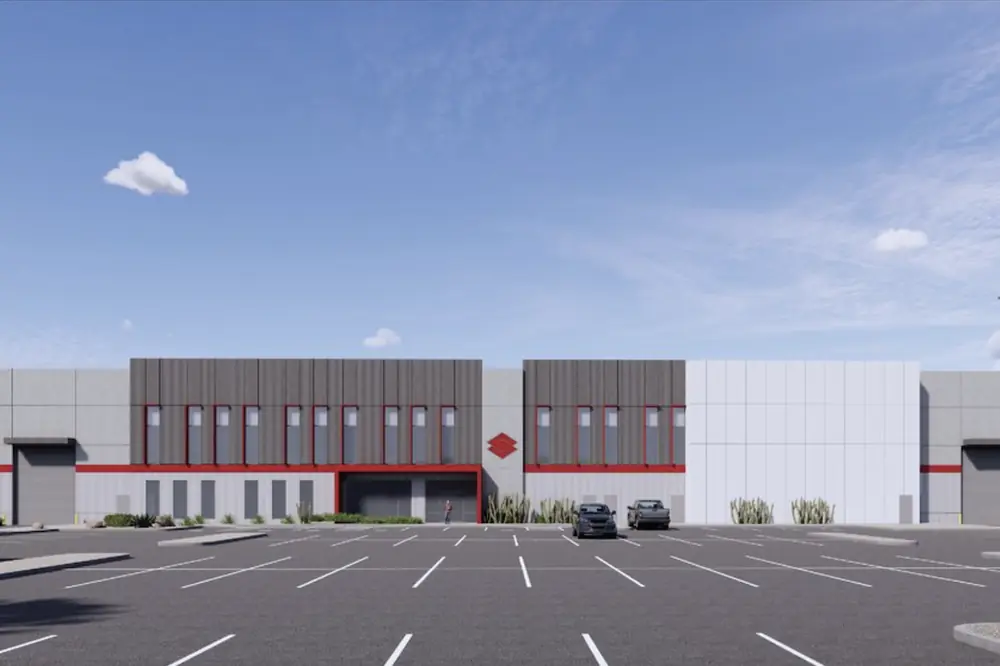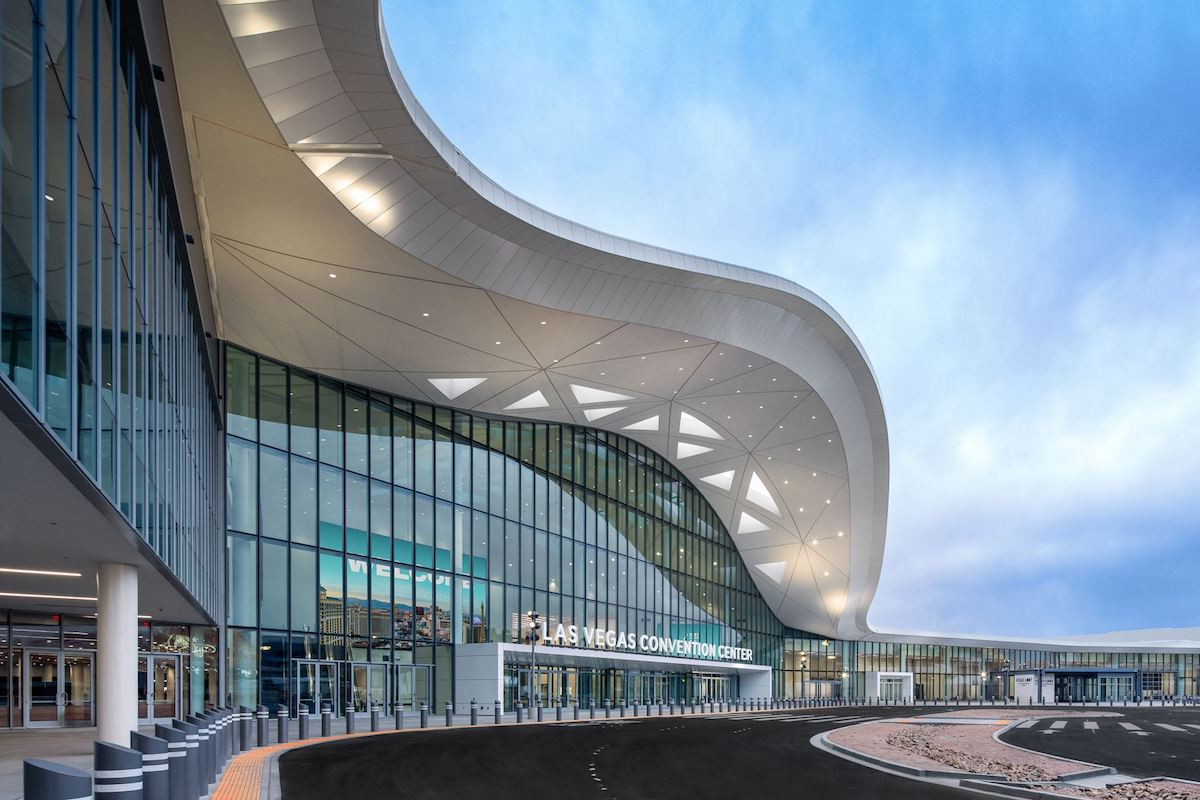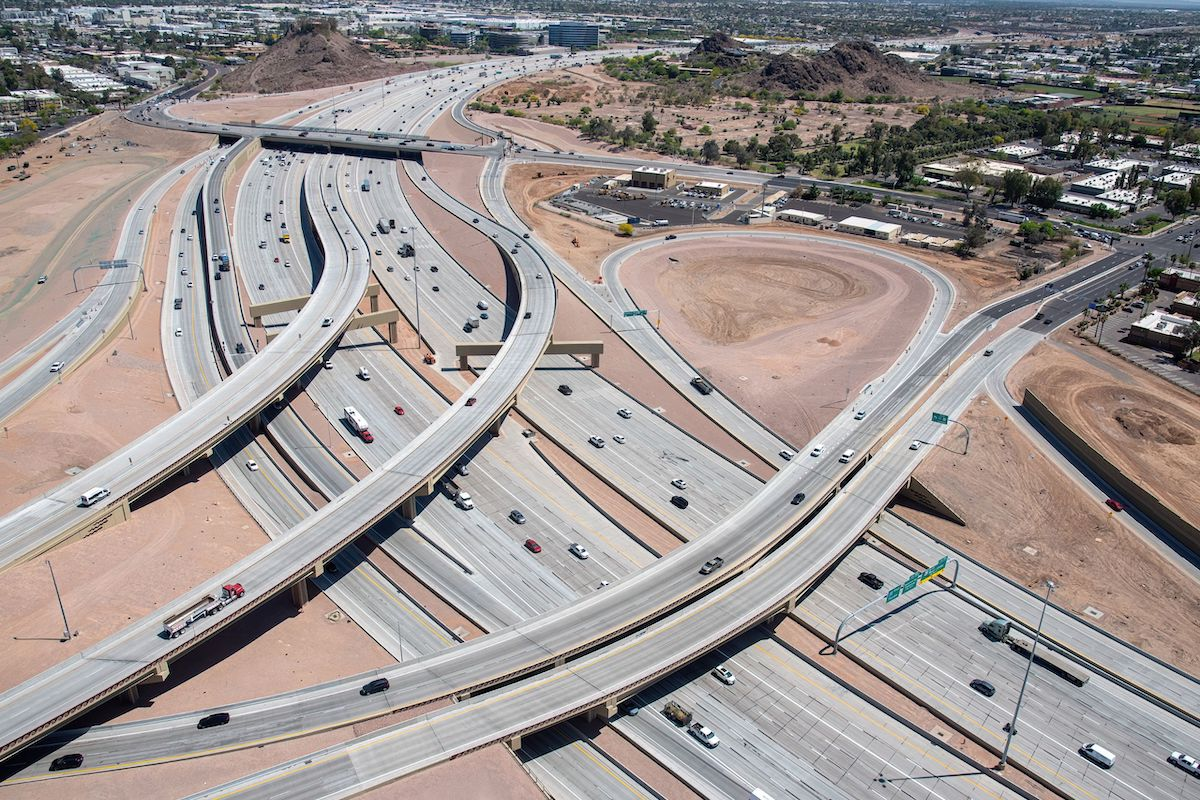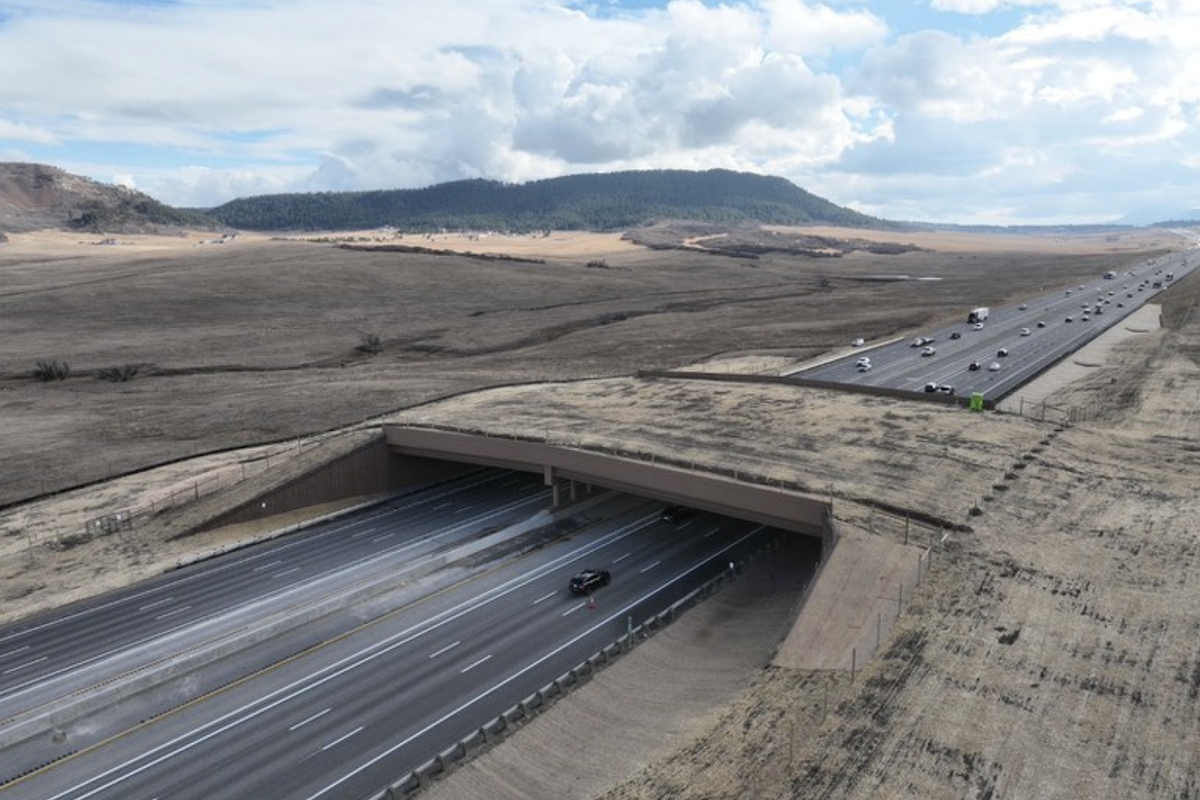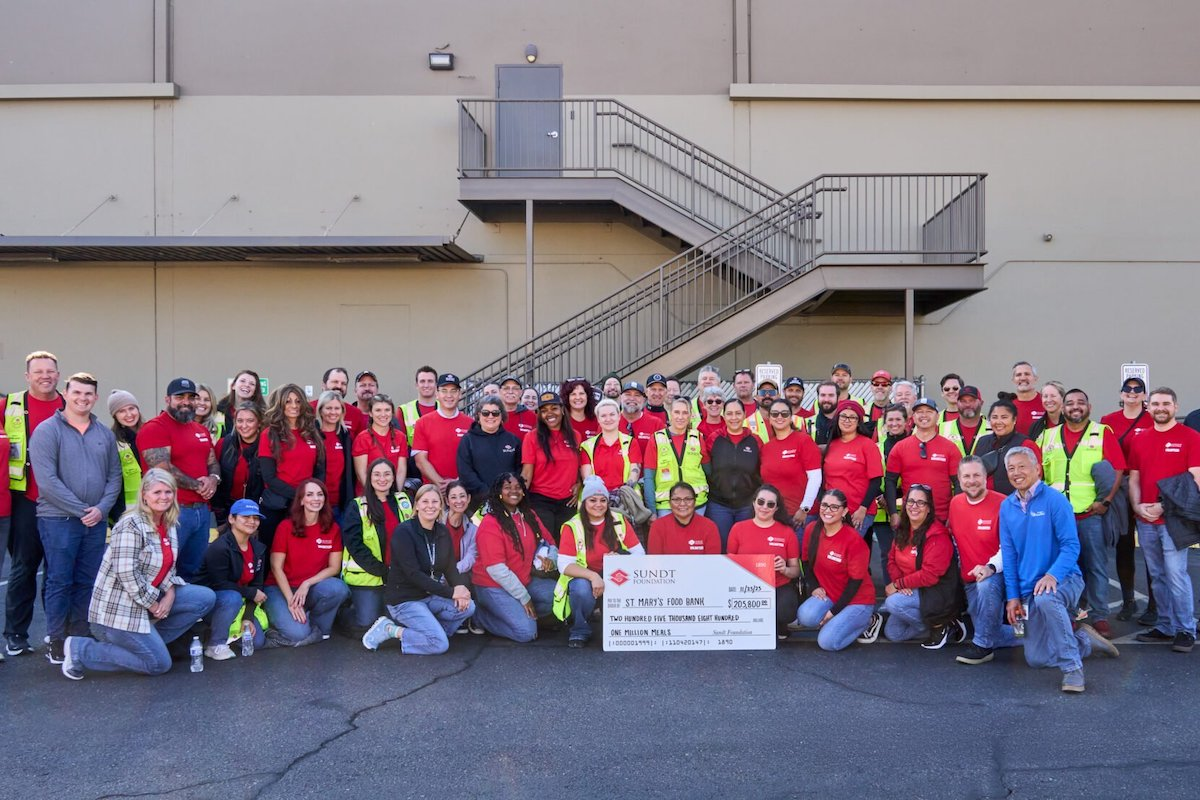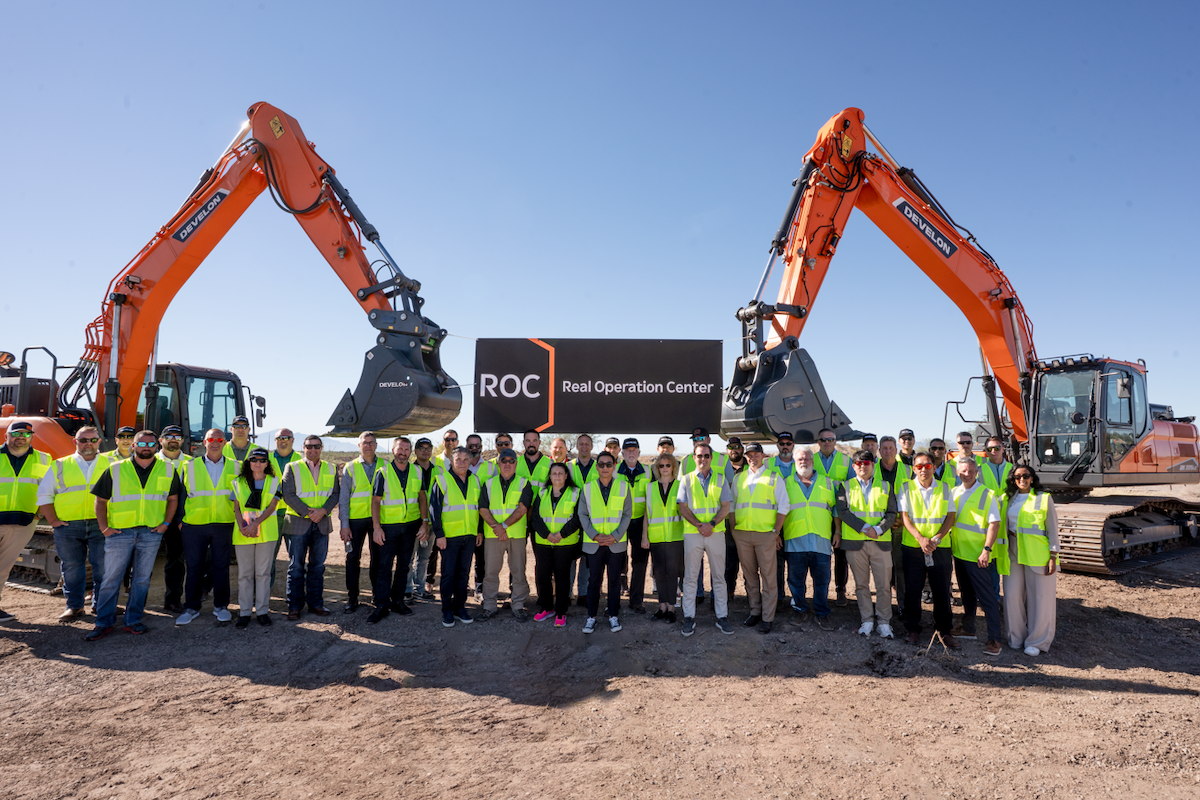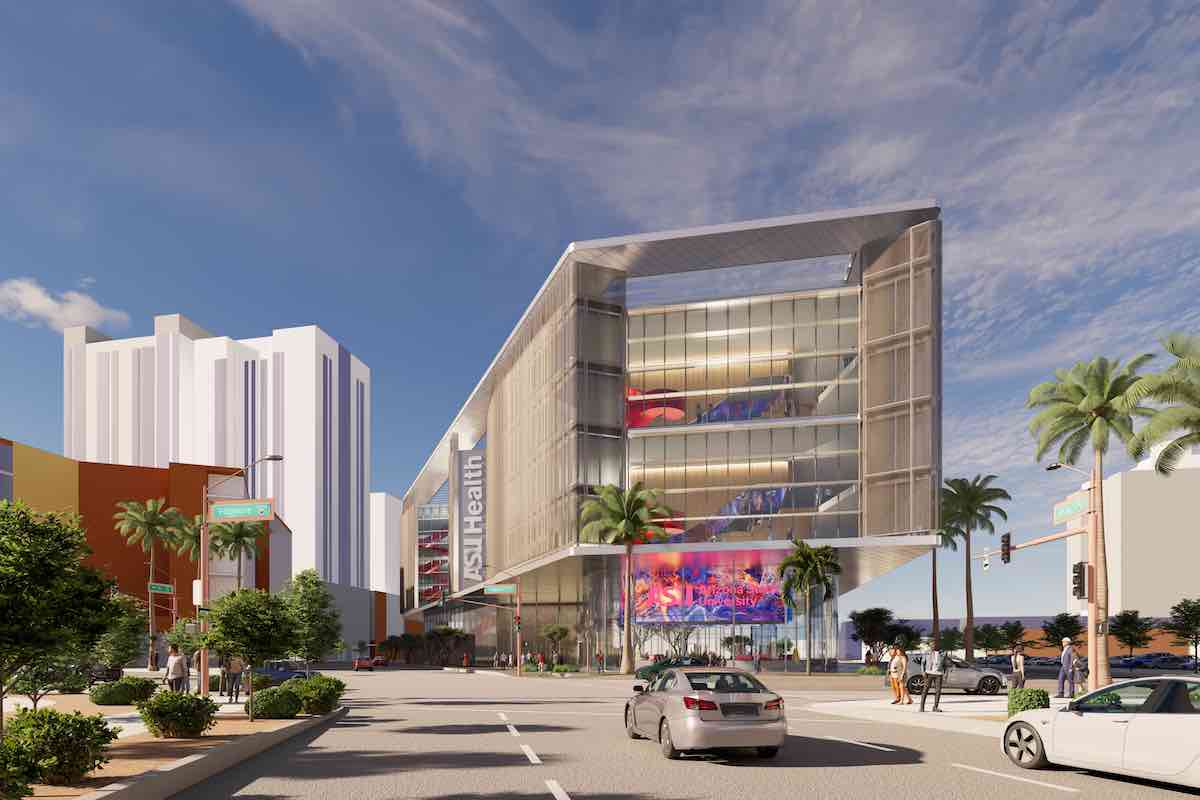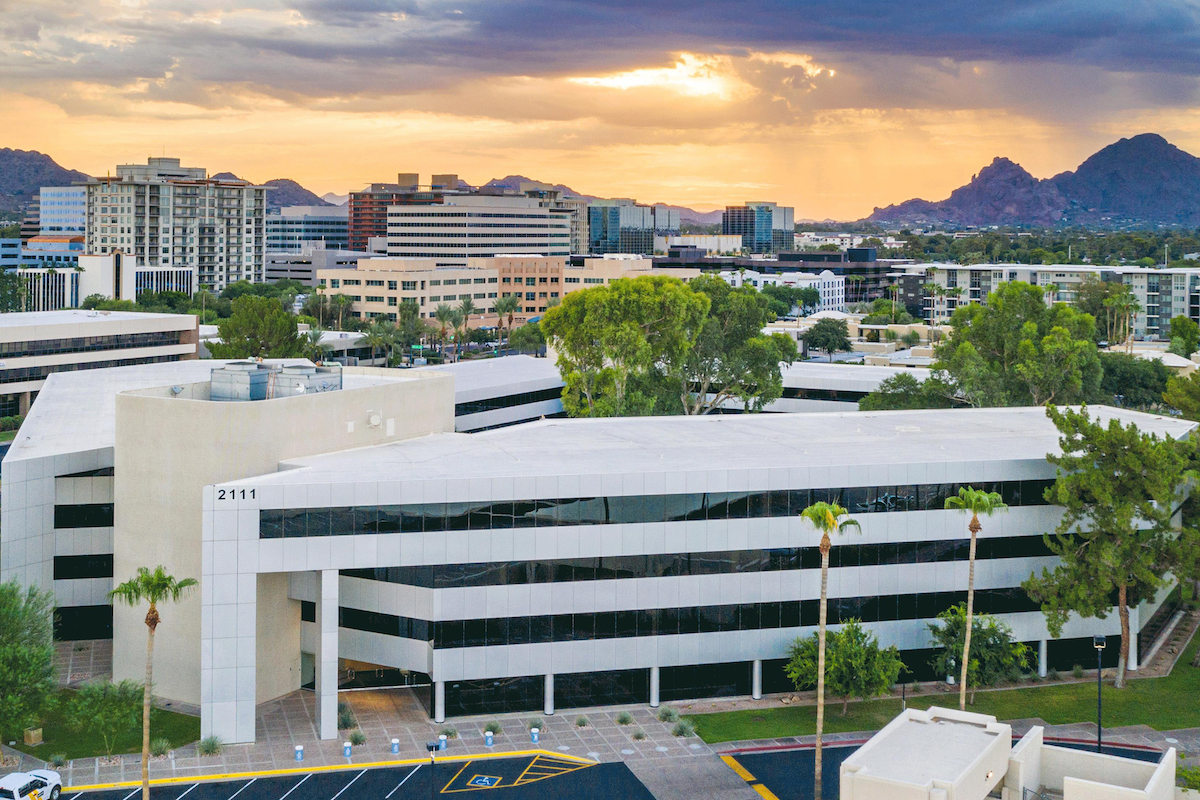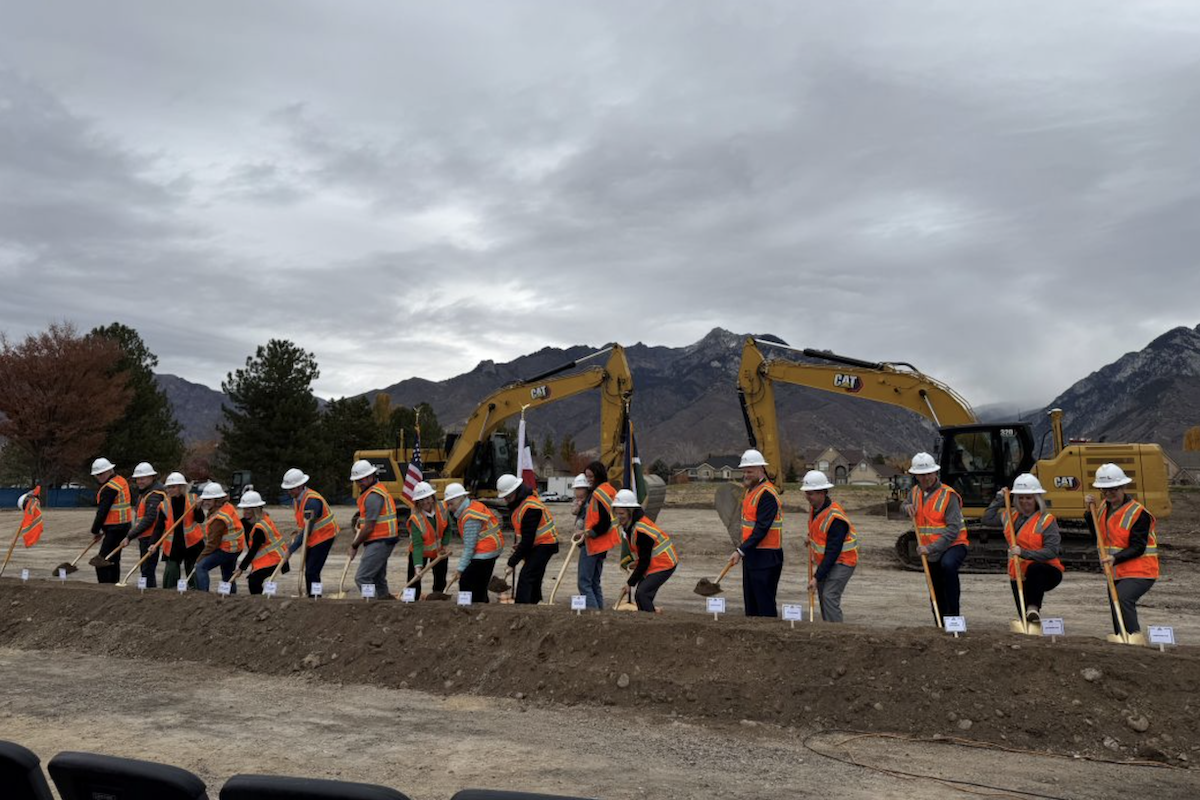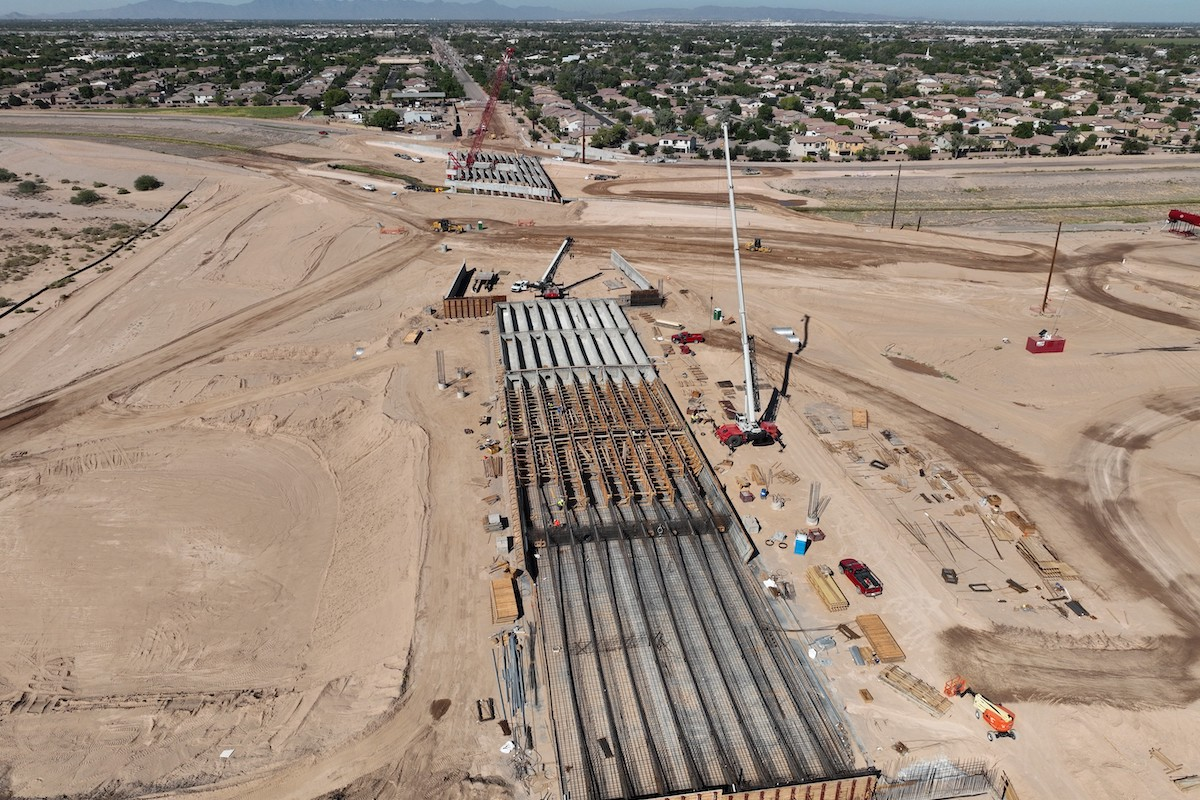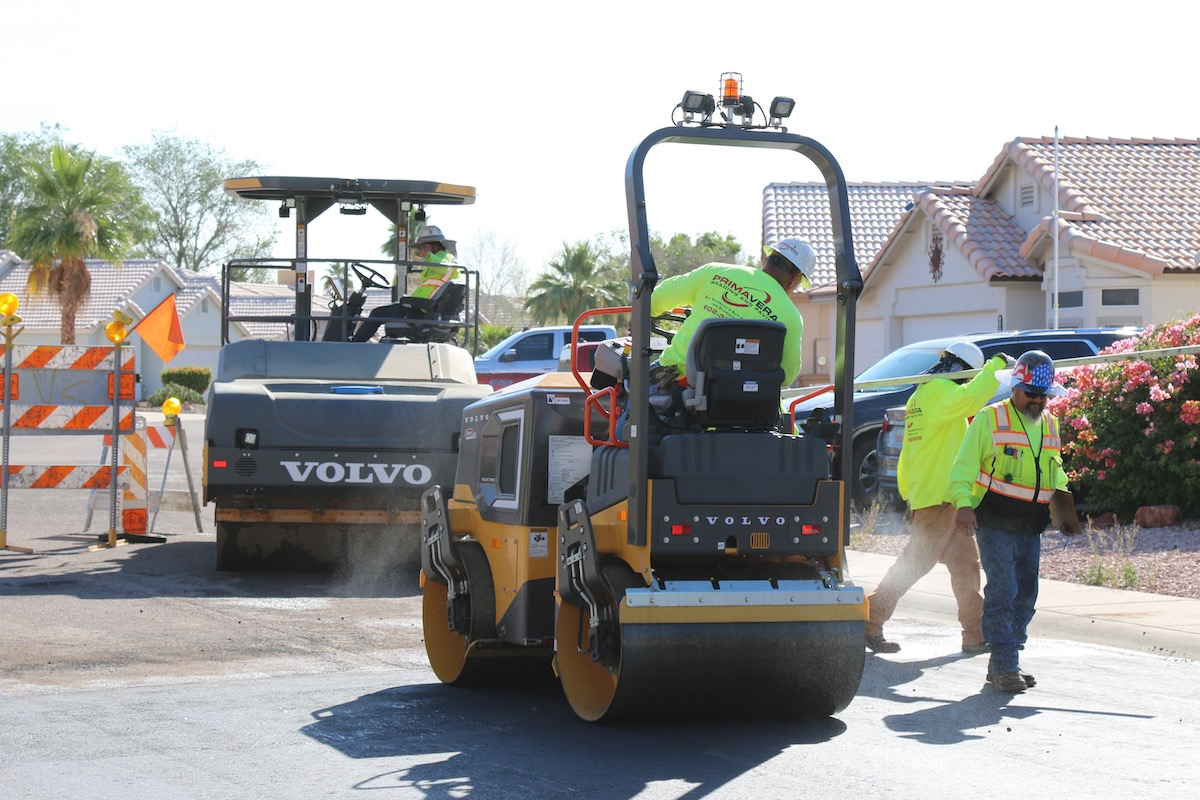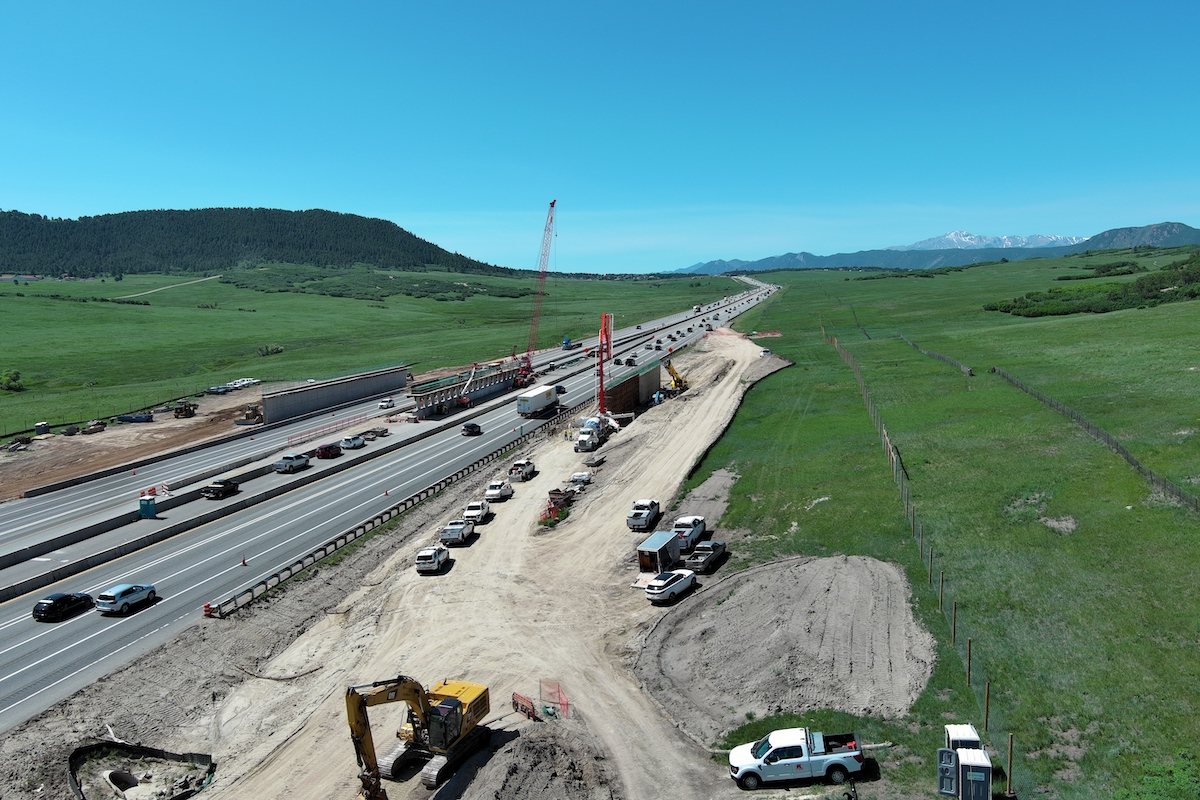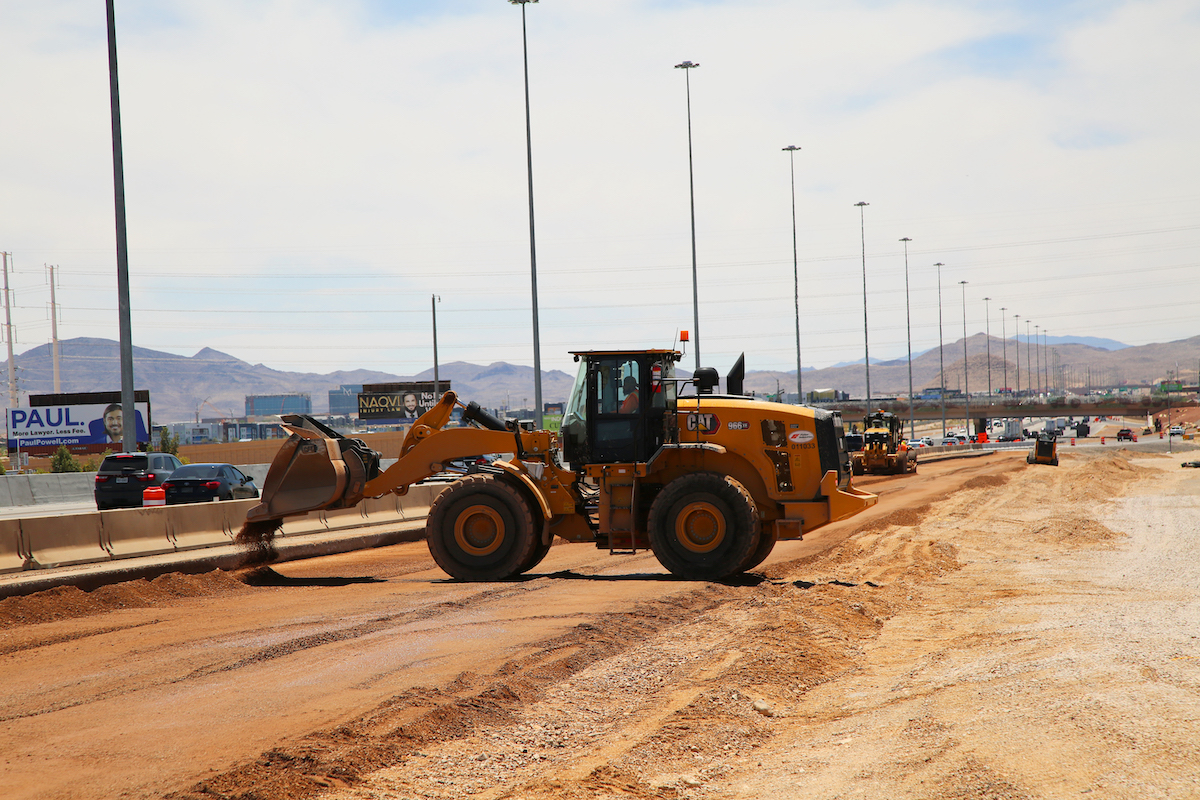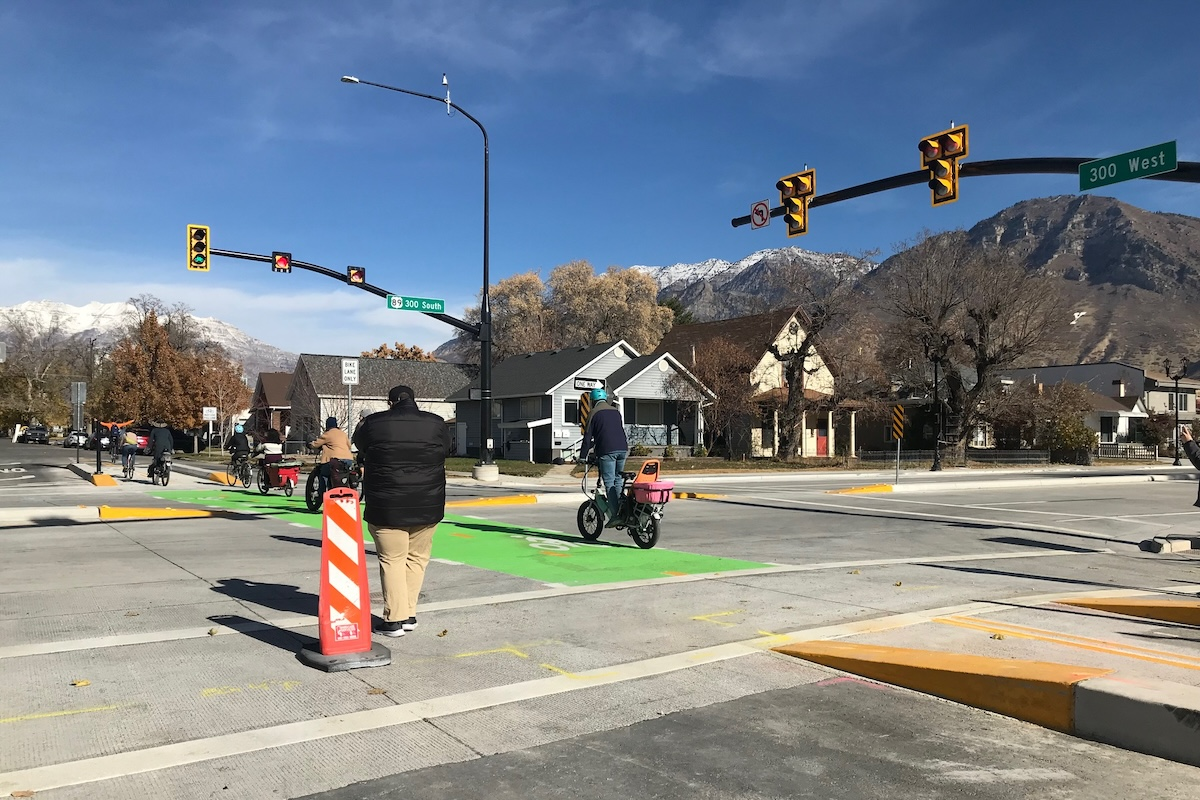This new highway will finalize Itawamba County's section of a heavily used freight traffic corridor between Toyota's plant in Blue Springs, MS and Toyota-Mazda's joint production facility in Huntsville, AL, as well as other manufacturing sites in the region. The SR 76 extension will also complete the final section of the Appalachian Development Highway System (ADHS) highway project called “Corridor V”, which is designed to connect intermodal facilities including the Port of Huntsville and the Tennessee-Tombigbee Waterway.
When finished, the new road will eliminate the current need for freight traffic to utilize an existing two-lane section of SR 23 when traveling from Interstate 22 to Alabama. State officials consider the completion of this segment of Corridor V to be vital for both economic growth in northeast Mississippi and improved safety and efficiency along the busy corridor.
As MDOT Public Information Officer David Kenney explains, “Currently, trucks between Tupelo and Huntsville must travel 13 miles on a two-lane highway that connects existing four-lane sections of the corridor. According to interviewees, this sometimes causes delays and safety hazards. Travel between Tupelo and Huntsville is expected to increase significantly with the opening of the Toyota plant in Huntsville. This is because parts will be exchanged between the existing Toyota plant outside Tupelo (Blue Springs) and the new plant. This is not a typical supply chain relationship, but rather a joint production operation between two plants manufacturing the Toyota Corolla program.
“Today, approximately five trucks make one round trip daily between the two plants, collectively carrying about 64 tons of freight. Once the new plant is fully operational, there could be 12 daily truck round trips carrying 150 tons. The travel time savings are estimated to be approximately eight minutes per trip when the SR 76 project is completed.

| Your local Bobcat dealer |
|---|
| Ditch Witch West |
| Faris Machinery |
| Ditch Witch West |
| Faris Machinery |
“Additionally, some of the suppliers would also benefit from shorter delivery times to either of the two plants. Representatives of Toyota MS expect some suppliers to move closer, if the Corolla program is successful, making it more likely that their trucks will travel on the new SR 76 and benefit from the implementation of the project.”
INFRA and Surface Transportation Block grants through the U.S. Department of Transportation are part of the funding for the $93 million project (the projected total cost includes preliminary engineering, ROW acquisition, and construction costs). The project was planned in the 1980s, and much of the survey work was performed late in that decade. Construction began in the spring of 2020 and is expected to be completed by the summer of 2023. Kenney reports, “All work is complete with the following exceptions: the roadway lacks 9.5 mm surface lift of asphalt paving; shoulder material is approximately 50% complete; and permanent pavement marking and signing remains to be done.”.
Major components of the SR 76 project are 9.13 miles of new 4-lane highway (utilizing over 150,000 tons of asphalt paving), eight bridges, four box culverts, and 2 box bridges. The project also encompasses:
- 530 acres of clearing and grubbing
- 2.8 million cubic yards of unclassified excavation
- 1.6 million cubic yards of borrow excavation
- 360,000 cubic yards of excess excavation
- 253,200 tons of granular material
- 283,200 square yards of soil-lime mixing
- 367,635 square yards of soil-cement mixing
- 14,000 feet of storm drainage
Eutaw Construction Company Inc, of Aberdeen, MS was awarded the contract in March 2020. Design work was originally performed by MDOT personnel and then updated to current standards by Neel-Shaffer. Will Davis of the MDOT's Tupelo Project Office is the Project Engineer.
Major subcontractors include ILM Inc. for erosion control items; Hall's Construction Company for minor structures and paved ditch; APAC-Mississippi Inc. for asphalt paving; Kimes and Stone Construction Co. Inc for soil cement; American Field Services Inc. for curb, island paving, and bridge rail; and Riverside Traffic Systems for traffic control items and striping.

| Your local Gomaco dealer |
|---|
| Faris Machinery |
| Faris Machinery |
Kenney comments, “For decades, the ADHS's 3,090-mile network of highways linking the region to national interstates, has generated economic development across Appalachia. The 33 corridors provide access to regional and national markets, contributing to growth opportunities and improved access in the region.”
Corridor V extends 248 miles in total, from Interstate 55 in Batesville, MS to Interstate 24 west of Chattanooga, Tennessee. It includes sections of US 278/6, SR 25 and SR 76 in MS (118 miles), SR 24, I-565, and US 72 in Alabama and Tennessee. Says Kenney, “SR 76 project represents a critical link in a tri-state supply chain. Automobile assembly plants and parts producing facilities dot the landscape in Alabama, Mississippi, and Tennessee. These businesses rely on four-lane highways connecting auto manufacturers located near Jackson and Tupelo in Mississippi; Birmingham, Huntsville, and Montgomery in Alabama; and Chattanooga and Nashville in Tennessee.
“It is not uncommon for a single supplier to serve all auto manufacturers in the region, meaning their livelihood relies on seamless connections between assembly plants. These connections have become more urgent with the widening of the Panama Canal, which has increased the role of the Port of Charleston in South Carolina and Port of Savannah in Georgia, important deep-water ports serving the auto industry.”
Eutaw Construction spokespersons report that the terrain on this project was challenging due to the soil classifications and hilly terrain predominant in the region of the state where the project is located. Minimizing the footprint of this project was a challenge the project team took seriously and much emphasis was placed on erosion control and exposed ground surface. MDOT and Eutaw worked together and created plans for undertaking different parts of the project to minimize impacts to streams and the natural ecosystem of the area. This was challenging due to the natural gradient and sandy/silty soils encountered throughout the project.
The vast majority of the soils were CL material (silty clay/sand) which was ideal for constructing embankments such as roadways. However, unsuitable soils were encountered along with a high-water table in many excavations along the project, creating challenges removing this material from the project. Many underdrain tiles were installed along the project to collect groundwater and prevent it from adversely affecting the construction process.

| Your local Trimble Construction Division dealer |
|---|
| SITECH Southwest |
| SITECH Northwest |
| SITECH Rocky Mountain |
| SITECH Southwest |
| SITECH Northwest |
| SITECH Rocky Mountain |
According to Eutaw Construction, weather was one of the largest obstacles to overcome in constructing this project, especially in light of abnormally wet summers during 2020 and 2021. The pandemic was also a factor; its main impact on the project was the availability of PVC products and the cost of dimensional lumber, plywood, and steel products.
At peak construction times, as many as 120 workers (including subcontractors) have been on the project. Eutaw is utilizing a wide range of equipment, including: CAT 631E and 631D Scrapers; CAT D9R Dozers; John Deere 9570 and 9620 Scraper Tractors with pans; Volvo A40G off-road trucks; Komatsu D61PXi Dozers; Komatsu PC 360 LCi & PC 360LC Hydraulic Excavators; and Kobelco CK1100G and CK850-III Hydraulic Crawler Cranes.
This project completes the final segment of an approximately 140-mile corridor between the Toyota plant in Blue Springs, MS and the new Toyota-Mazda production facility near Huntsville, AL. When the Corridor V project began, these plants were projected to produce 450,000 vehicles annually. The completion of this project should open the corridor for economic development with suppliers wanting to supply both assembly plants looking to locate within the corridor.
Photos courtesy of MDOT








